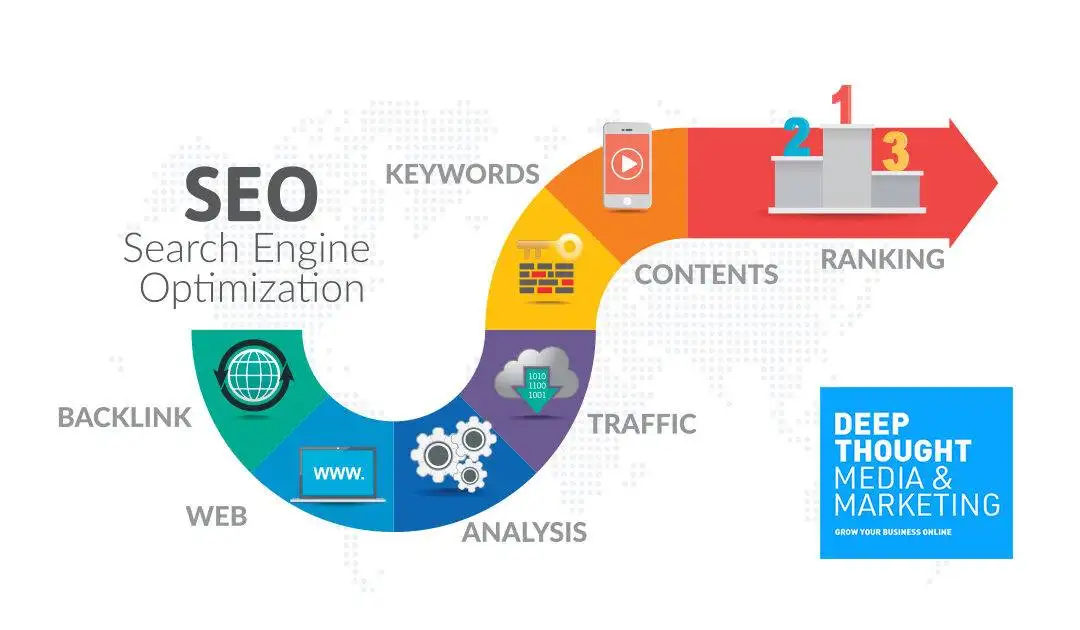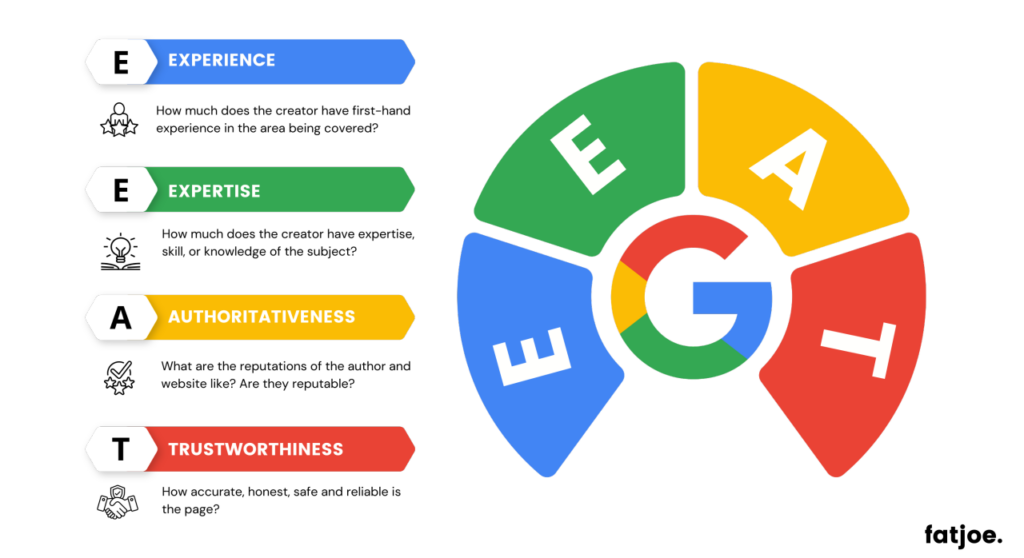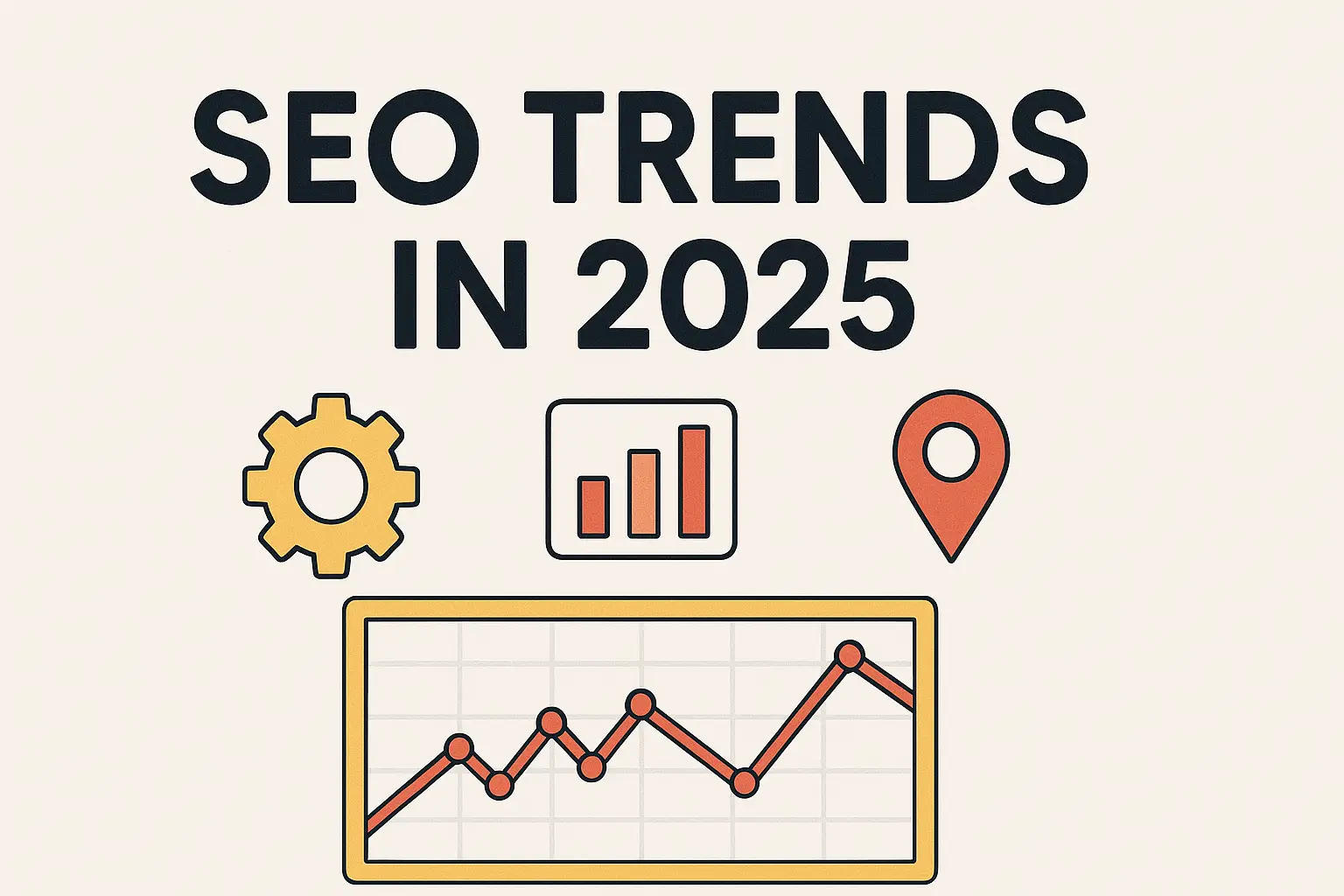Understanding why SEO is important is crucial for businesses aiming to thrive in today’s digital-first world. SEO (Search Engine Optimization) is not just a buzzword—it’s the foundation of online visibility and a vital tool for connecting with customers who need your products or services. Whether you’re a small local business or a global brand, leveraging SEO can help you stay competitive and build lasting success in an ever-evolving digital landscape.
1. Understanding SEO Basics

1.1 What Is Search Engine Optimization?
Search Engine Optimization (SEO) is the practice of enhancing a website to increase its visibility when people search for products or services related to your business in search engines like Google, Bing, and Yahoo. The better visibility your pages have in search engine results pages (SERPs), the more likely you are to garner attention and attract prospective and existing customers to your business.
SEO involves a variety of strategies and techniques aimed at improving your website’s ranking for relevant keywords. This includes optimizing your website’s content, structure, and coding to make it more appealing to search engines. By understanding what people are searching for and the keywords they use, you can tailor your content to meet their needs and improve your chances of appearing in search results.
1.2 How Search Engines Work
Search engines like Google, Bing, and Yahoo use complex algorithms to crawl, index, and rank websites based on their relevance, authority, and user experience. When a user types a query into a search engine, the algorithm sifts through the indexed data to find the most relevant websites.
The process begins with crawling, where search engines send out bots to discover new and updated content. This content is then indexed, meaning it’s stored and organized in a database. When a user performs a search, the search engine retrieves a list of relevant websites from the index and ranks them based on various factors, including keyword relevance, site authority, and user experience. The goal is to provide the most useful and relevant results to the user, displayed on the search engine results page (SERP).
Organic Search Drives the Majority of Website Traffic
One of the primary reasons why SEO is important is its ability to drive organic search engine results, which often lead to the largest source of website visitors. Unlike paid ads, which provide temporary results, SEO builds lasting visibility that consistently attracts potential customers to your site. Google, the dominant player in the search engine market, makes optimizing for organic search a necessity for any business seeking sustainable online success.
-
Key Insight: Google accounts for over 90% of the global search engine market, making it essential to optimize for its algorithms. Learn more about how SEO can transform your website’s performance.
For businesses looking to maximize their organic traffic, CoMeraki Marketing’s SEO services provide tailored strategies that deliver long-term results.
2. SEO Establishes Trust and Credibility
Strong SEO practices help you build trust with search engines and users alike. Link building is a crucial tactic for enhancing your search engine ranking by acquiring high-quality backlinks, which act as signals of trust. High-quality content, backlinks, and a clean user experience signal to both audiences and search engines that you’re a reputable authority in your field.
-
Pro Tip: Leverage Google’s E-E-A-T (Experience, Expertise, Authority, Trustworthiness) principles to enhance your content quality.
3. SEO is the Key to Navigating the AI Revolution
The rise of AI technologies has transformed search results, making it harder to stand out. SEO helps you remain visible by creating high-value, unique content that AI-generated materials can’t replicate.
-
Challenge: Compete with zero-click search results and AI-driven SERP features.
4. A Better User Experience Means Higher Rankings
Understanding why SEO is important also involves recognizing its role in improving user experience (UX). SEO prioritizes fast-loading pages, mobile responsiveness, and easy navigation, which not only boost rankings but also enhance the overall experience for your website visitors. Google’s focus on user-centric updates, like the Page Experience Update, further underscores why SEO is essential in delivering value to users.
-
Key Insight: Google’s Page Experience Update prioritizes websites with stellar UX.
5. Local SEO Boosts Engagement and Conversions
For small businesses, local SEO is a game-changer. Optimizing for local searches ensures your business is visible to nearby customers actively seeking your services. Implementing effective local SEO tips, such as utilizing local keywords, optimizing Google Business Profiles, managing user reviews, and ensuring consistent directory listings, can significantly enhance engagement, traffic, and conversions.
-
Action Step: Optimize your Google Business Profile and encourage customer reviews.
At CoMeraki Marketing, we specialize in local SEO strategies that connect businesses with their communities.

6. SEO Influences Every Stage of the Buying Cycle
From awareness to decision-making, SEO keeps your brand visible throughout the customer journey.
-
Pro Tip: Use strategic keywords to address pain points and solutions at every stage. For example, conducting thorough keyword analysis with tools like Google’s Keyword Planner is a great way to identify the terms your audience is searching for.
7. It’s a Cost-Effective Marketing Strategy
SEO delivers long-term value at a lower cost compared to paid advertising. Achieving SEO success involves consistent efforts and adapting to evolving search engine algorithms, which ensures sustained traffic and long-term value. Once optimized, a webpage can generate traffic indefinitely.
-
Key Insight: Consider SEO an investment, not an expense.
8. Staying Updated on SEO Trends is Crucial

SEO evolves constantly. Algorithms change, and so do user behaviors. Staying ahead of trends ensures your strategy remains effective.
- Pro Tip: Regular audits and updates are essential to maintain your rankings. Stay informed with Google’s Search Central Blog.
9.Technical SEO Considerations
Technical SEO refers to optimizing your website’s technical elements to improve its search engine rankings and user experience. Here are some key technical SEO considerations to keep in mind:
-
Page Speed: A fast-loading website is crucial for both user experience and search engine rankings. Aim for a page load time of under 3 seconds to keep visitors engaged and reduce bounce rates.
-
Mobile-Friendliness: With the majority of users accessing websites via mobile devices, ensuring your site is mobile-friendly is essential. A responsive design that adapts to different screen sizes can significantly enhance user experience.
-
SSL Encryption: Installing an SSL certificate secures your website, making it trustworthy for users and favorable in search engine rankings. HTTPS is now a standard ranking factor for Google.
-
XML Sitemaps: Creating and submitting XML sitemaps helps search engines understand your website’s structure and content, facilitating better crawling and indexing.
-
Robots.txt: The robots.txt file guides search engines on which pages to crawl and index, and which to ignore, ensuring that only relevant content is indexed.
-
Meta Tags: Optimizing meta tags, such as title tags and description tags, helps search engines understand your content’s relevance and improves click-through rates from search results.
-
Header Tags: Using header tags (H1, H2, H3, etc.) to structure your content makes it easier for search engines to understand and rank your pages.
-
Image Optimization: Compressing images and adding descriptive alt tags can reduce page load times and improve search engine rankings.
-
Internal Linking: A clear internal linking structure helps search engines navigate your site and understand the relationship between different pages, enhancing overall SEO.
-
Website Architecture: A well-organized website architecture improves both user experience and search engine crawling, making it easier for visitors and bots to find relevant content.
By addressing these technical SEO factors, you can significantly improve your website’s search engine rankings, user experience, and overall online visibility.
10. Quantifiable Results Make SEO Measurable
With analytics tools, you can track SEO performance, such as traffic, rankings, and conversions, to assess ROI.
- Action Step: Use tools like Google Analytics and Search Console to monitor your progress.
11. SEO Enhances Your PR Efforts
SEO and PR go hand-in-hand. High rankings improve your brand visibility and reinforce positive public perception.
-
Pro Tip: Collaborate with your PR team to create shareable content that ranks. Explore CoMeraki Marketing’s blog for insights on integrating PR and SEO.
12. SEO Opens the Door to New Opportunities
 SEO isn’t just about traffic; it’s about uncovering trends, user behaviors, and content opportunities that can grow your brand. Keyword research often reveals untapped niches.
SEO isn’t just about traffic; it’s about uncovering trends, user behaviors, and content opportunities that can grow your brand. Keyword research often reveals untapped niches.
13. If You’re Not on Page One, You’re Invisible
Ranking on the first page of Google results is critical. Most users don’t go past the first page, making it essential to aim for top spots.
-
Action Step: Focus on optimizing for long-tail keywords for quicker wins.
14. SEO is a Long-Term Strategy
The benefits of SEO compound over time. Consistent effort builds a strong foundation that continues to generate traffic and conversions.
-
Pro Tip: Patience is key—think of SEO as growing a garden rather than flipping a switch.
15. SEO Helps You Understand the Competitive Landscape
Competitor analysis through SEO reveals insights about what works in your industry and how to outperform rivals.
16. SEO Will Always Be Relevant
The digital landscape constantly evolves, but the reasons why SEO is important remain consistent. As long as consumers use search engines to find products, services, and information, SEO will play a critical role in connecting businesses with their audience. Adapting your SEO strategy to emerging technologies, like AI and voice search, ensures your business stays ahead in this competitive arena.
-
Key Insight: Adapt your strategy to emerging technologies like voice search and AI.
SEO isn’t optional—it’s foundational. Whether you’re a startup or an established brand, investing in SEO ensures you remain visible, credible, and competitive. The sooner you embrace it, the sooner you’ll see the benefits
Ready to take your SEO to the next level? Contact CoMeraki Marketing today to create a strategy tailored to your goals.






